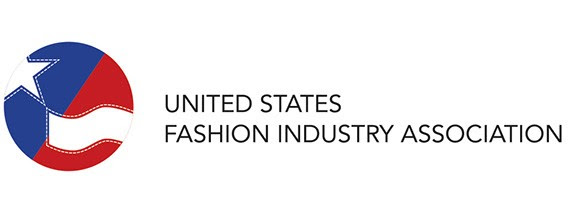
The United States Fashion Industry Association (USFIA) has recently published its tenth annual Fashion Industry Benchmarking Study, based on a survey of executives from 30 leading fashion brands, retailers, importers, and wholesalers, including some of the country's biggest names in the industry. The study, conducted in collaboration with Dr. Sheng Lu, Associate Professor in the University of Delaware Department of Fashion & Apparel Studies, delves into various aspects of the industry, including business outlook, sourcing practices, trade agreements, and views on trade policy.
One of the major findings from the survey is that the uncertain macroeconomic outlook is presenting significant challenges to U.S. fashion companies in 2023. With economic conditions remaining unpredictable, businesses are grappling with planning and decision-making.
The survey also highlights the escalating concerns among U.S. fashion companies about the deteriorating bilateral relationship between the United States and China. As a result, many companies are strategizing to reduce their exposure to China, aiming to mitigate the risks associated with the geopolitical situation.
Tackling forced labor risks in the supply chain emerges as another critical challenge facing U.S. fashion companies in 2023. Companies are confronted with the complex task of ensuring their supply chains are free from any association with forced labor practices.
Amidst these challenges, there is a notable enthusiasm among respondents to increase apparel sourcing from CAFTA-DR members. The Central America-Dominican Republic Free Trade Agreement (CAFTA-DR) is seen as an attractive option for diversifying sourcing locations.
The survey also reveals a strong commitment among respondents to expand their sourcing of clothing made from recycled or other sustainable textile fibers. Sustainability remains a key focus for the industry.
Lastly, respondents overwhelmingly support and stress the importance of the early renewal of the African Growth and Opportunity Act (AGOA), advocating for its extension for at least another ten years. AGOA is a crucial trade preference program that facilitates trade between the U.S. and eligible African countries.
As the U.S. fashion industry navigates through uncertainties and evolving trade dynamics, the study provides valuable insights into the industry's outlook and strategies. By addressing issues like China exposure, forced labor risks, and embracing sustainability, fashion companies aim to remain resilient and competitive in the challenging landscape.












